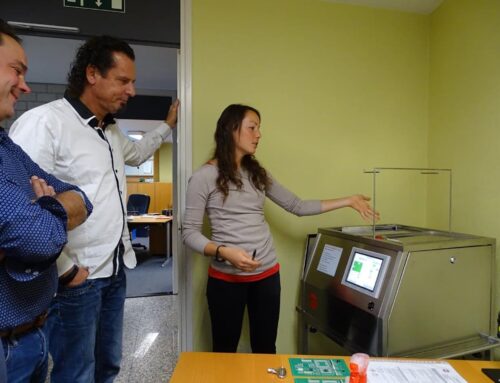The time of Bonnie and Clyde has long gone, when banks were robbed by people with guns. These days guns are no longer necessary. Today’s criminal has his laptop as a weapon and has enough technical knowledge to get around firewalls, etc. This may sound simplistic, but the fact is that the number of cyberattacks has significantly increased, since banks have become so dependent on computers and on the Internet. A quarter of the banks across the world reported hacker attacks in 2018, which is an increase of 160% compared with 2017. Not only banks themselves fall victim to cyberattacks, but also their business partners are affected and damaged.
The hackers who launched large-scale attacks on e.g. the Bank of Bangladesh tried to rob nearly 100 million dollars. Fortunately, the robbery was discovered early because of a spelling error in a money transfer, but still 80 million had already vanished. A hacker group from North Korea is the prime suspect, aiming to destabilise the economy with the help of its government. This hacker group, known as Lazarus, is supported by the North Korean regime and has more often launched cyberattacks on financial institutions, among which the Bank of Mexico and the Bank of Chili.
Cybercriminals do not look down on ATMs either, because they too are lucrative. By installing malware a group of cybercriminals managed to steal customers´ bank card numbers and thereby rob nearly 12 million dollars in half a day. These criminals have advanced so much that they only need to hook up their laptop to an ATM now and it already is starts to throw out money spontaneously. One of the places where this happened is Kenya.
Legislators have not been able to do something about this pro-actively. Worldwide legislation is therefore lagging behind, as it always has Cybercriminals will keep their head start, whether they are supported by a government or not. The short-term solution is for financial institutions to cooperate closely, in the sense that they make smart protocols and working agreements, so that short communication lines prevent hackers from breaching security. This is easier said than done, and there will be a lot of water under the bridge before cooperation will become effective. Still, it is crucial that governments and banks work together professionally to combat cybercrime in order to prevent the economy from being destabilised.










